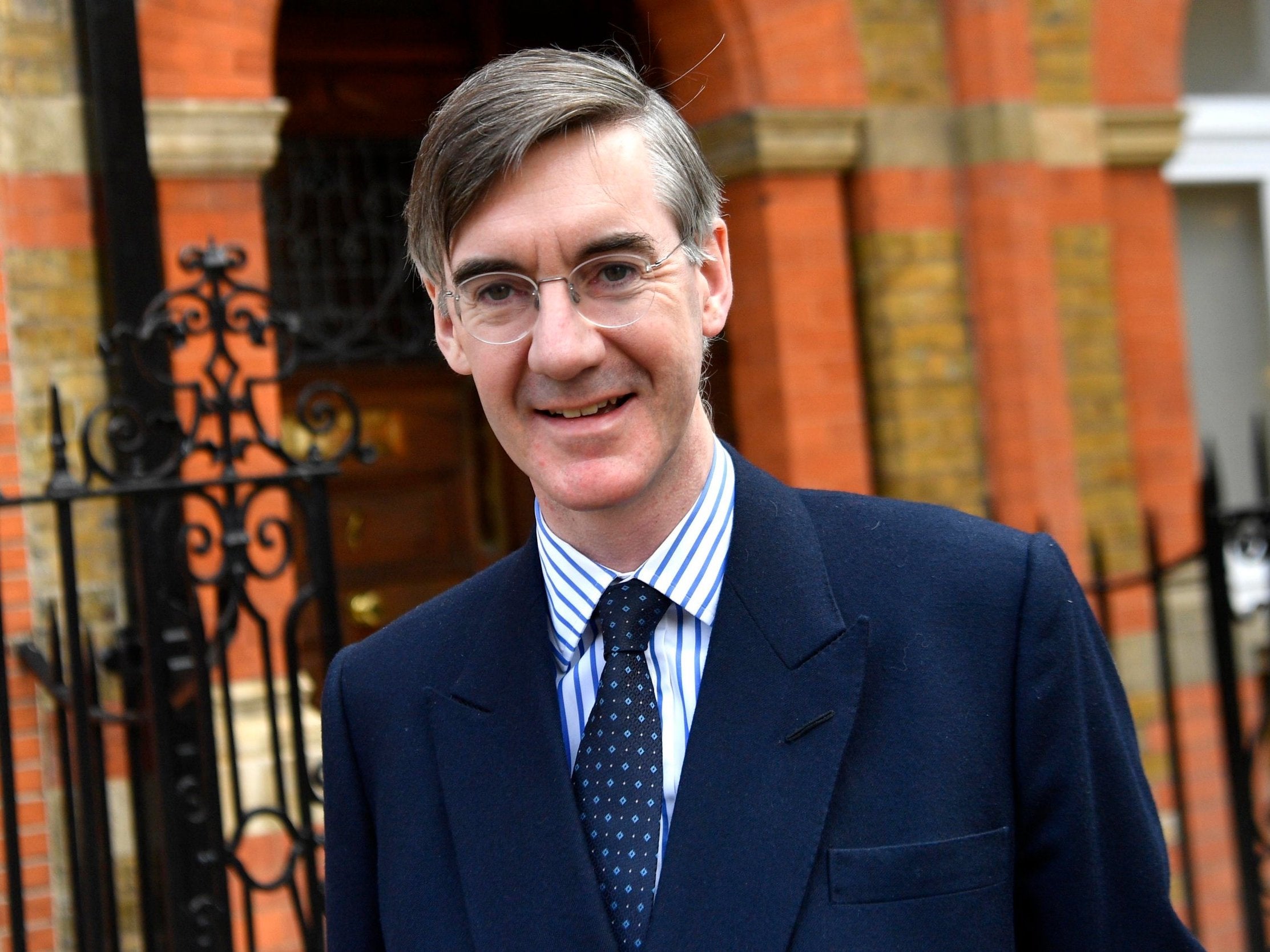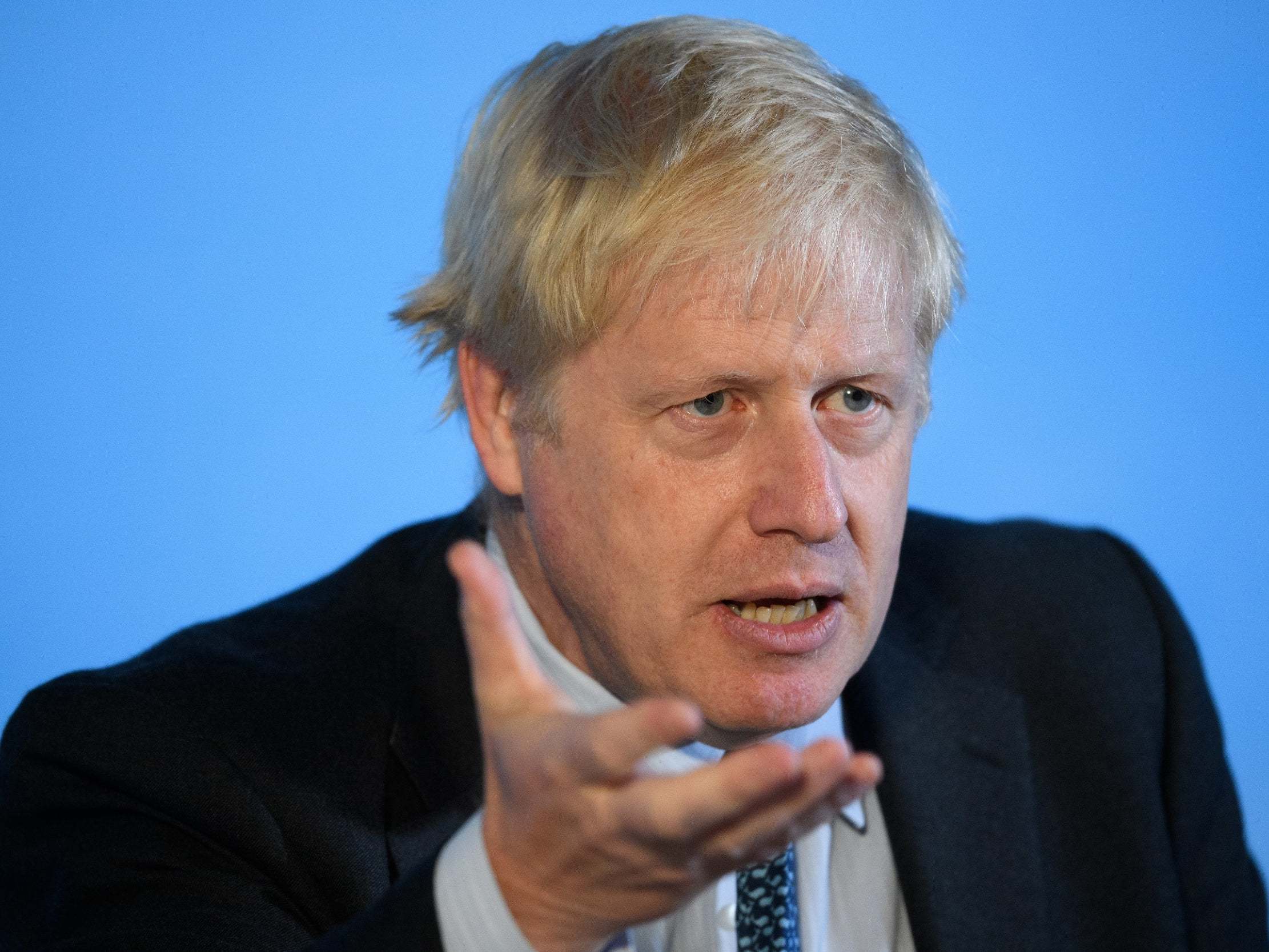Why obscure trade measure is not the magic Brexit bullet Boris believes
Politics explained: What is Gatt 24 and why might its paragraph 5c dash the Tory leadership frontrunner’s plans for no-deal departure from the EU?


Boris Johnson has come unstuck on one of the key elements of his Brexit plan, after being forced to admit he did not know the detail of trade rules which he claimed would allow the UK to avoid tariffs following a no-deal departure from the EU.
Gatt 24 – or more formally, Article 24 of the General Agreement on Tariffs and Trade, signed by countries including the UK in 1948 – has been used as a trump card over the past three years by Brexiteers trying to play down the potential damage a no-deal Brexit could do to the UK.
They frequently claim that the provision would allow the UK and EU to continue trading goods on a zero-tariff basis for up to 10 years after Brexit, while a long-term free trade agreement (FTA) is negotiated.
Reports first emerged early in 2017 that the government was looking into Article 24 as a means of avoiding the tariffs which would otherwise have to be imposed under World Trade Organisation rules, adding significantly to the costs of doing business with the UK’s main trading partners.
Under standard WTO terms, levies of – for example – 10 per cent must be charged on motor vehicles and 35 per cent on dairy products imported and exported between countries which are not part of a customs union or FTA deal. If the UK unilaterally reduced or scrapped the tariffs charged on EU goods, fair trade rules mean that it would have to do the same for every country in the world.
Given the understandable concerns of domestic producers that this would consign them to an unwinnable competition with floods of cheap goods from abroad, leading to large-scale business failures in the UK, supporters of no deal have seized on Gatt 24 as a silver bullet to resolve the situation.
In February last year, members of the Tory eurosceptic European Research Group, led by Jacob Rees-Mogg, wrote to Theresa May urging her to make use of the article in order to “make a success of Brexit”.

It has since been invoked with growing frequency, becoming a central plank of Johnson’s promise to leave the EU on 31 October deal or no deal.
However, when questioned by the BBC’s Andrew Neil on Friday, the Tory leadership frontrunner was forced to admit that he did not know the full details of what the article says.
Gatt 24 essentially sets out the rules for setting up a customs union or FTA without inflicting unfair consequences on other countries. It covers only trade in goods, not the services which make up 80 per cent of the UK economy.
In recognition of the fact that the full details of trade deals take a long time to thrash out, it makes provision for countries which are on course for an FTA to trade under preferential terms with one another for an interim period until the FTA is put in place.
But crucially – as Neil pointed out to Johnson – it states in paragraph 5c that any such interim arrangement must include “a plan and schedule for the formation of such a customs union or of such a free trade area within a reasonable length of time”.
WTO director general Roberto Azevedo confirmed earlier this week that if there is no agreement on the future plan “then Article 24 would not apply, and the standard WTO terms would”.
So to take advantage of Gatt 24, Johnson would have to persuade Brussels, within the 100 days available to him between taking office and the Halloween deadline for Brexit, to sign up to a detailed plan and timetable for the introduction of an FTA.

Not only does the schedule seem implausibly tight, given the glacial pace of Brexit talks over the past three years, it is all but certain that the first demands on the table from the EU would be exactly the same as those in May’s failed withdrawal agreement – settlement of the UK’s £39bn divorce bill, rights for expat citizens and backstop-style protections for the Irish border
Johnson tried to put a brave face on the situation, telling a leadership hustings in Bedfordshire that he was “very, very optimistic” that Brussels would go along with the plan, because of its desire to maintain the EU27’s profitable trade balance with the UK.
But his optimism stands in stark contrast to the assessment of the international trade secretary Liam Fox, who told the House of Commons in January: “In the political atmosphere of no deal, it would be difficult to cultivate the goodwill necessary for that to proceed.”
Join our commenting forum
Join thought-provoking conversations, follow other Independent readers and see their replies
Comments
Bookmark popover
Removed from bookmarks